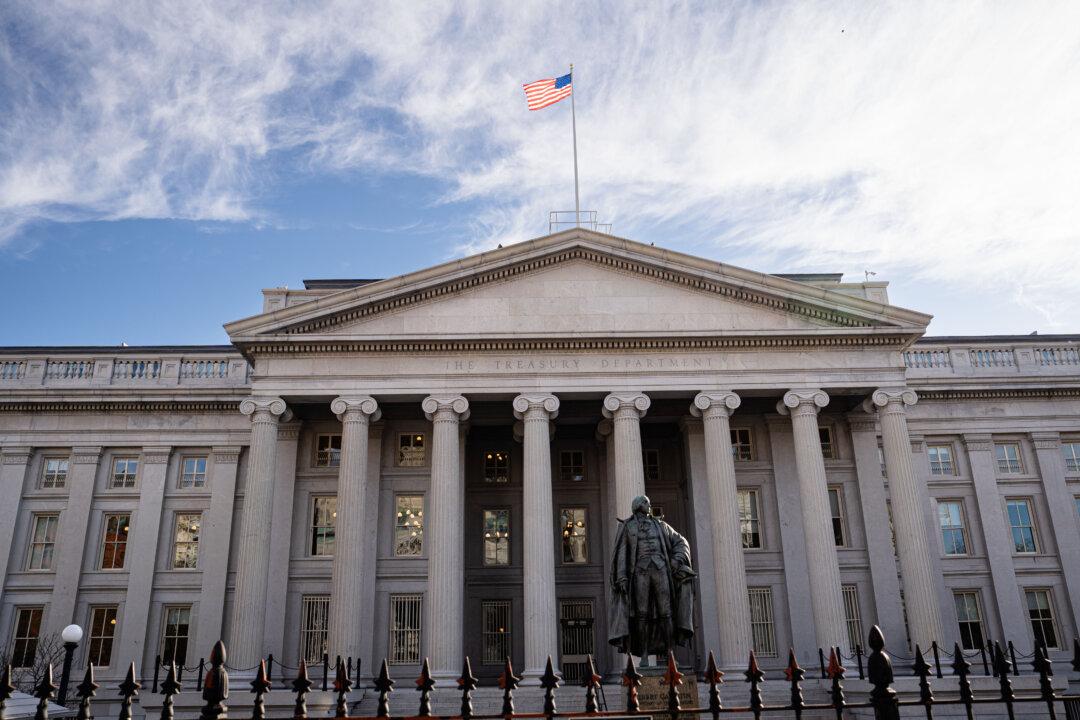China has called on Bangladesh to “uphold independence” and reject “bloc politics,” particularly those led by the United States that Beijing characterized as U.S. “centrism and exceptionalism.”
During the meeting, Liu criticized U.S. Secretary of State Antony Blinken’s May speech on China for reflecting “serious deviations in the United States’ view of the world and view of China and China-U.S. relations.”
“The logic behind the U.S. Indo-Pacific strategy, AUKUS, the Quad grouping, and the latest Indo-Pacific Economic Framework is U.S. centrism and exceptionalism,” he said.
Liu further noted that the U.S.-led initiatives “will only bring disgrace to itself, and at the same time undermine the regional cooperation framework and create bloc confrontation.”
“Unipolar hegemony wins no support, block confrontation has no future, and building ‘small yards with high walls’ and decoupling from or cutting off supply chains will bring no good to anyone,” he said.
“China believes that countries in the region, including Bangladesh, will bear in mind the fundamental interests of their own countries and the region, uphold independence, reject the Cold War mentality and bloc politics, safeguard true multilateralism, and defend the hard-won environment for peace and development in the region.”
In response, Zaman reaffirmed that Bangladesh opposes bloc confrontation and a “new Cold War” but maintains its stance of “friendship to all, malice to none.”

“Under President [regime leader Xi Jinping], the ruling Chinese Communist Party has become more repressive at home and more aggressive abroad,” he said, citing Beijing’s unlawful maritime activities in the South China Sea and support for Russia’s war in Ukraine.
“We stand ready to increase our direct communication with Beijing across a full range of issues. And we hope that that can happen. But we cannot rely on Beijing to change its trajectory,” Blinken added.
The Chinese envoy said that Bangladesh “will not derive any benefit” from joining the four-nation alliance—which consists of the United States, India, Japan, and Australia—calling it a “narrow-purposed geopolitical clique.”
However, Bangladeshi Foreign Minister A.K. Abdul Momen rebuked the Chinese envoy’s remarks and claimed that Bangladesh is an “independent and sovereign state” that can decide its own foreign policy.
Momen described the Chinese regime’s warning as “unusual” and “aggressive,” adding, “We didn’t expect such behavior from China.” He further noted that the Quad has not reached out to Bangladesh to propose joining the alliance, raising questions as to why the Chinese envoy made such “premature” remarks.





